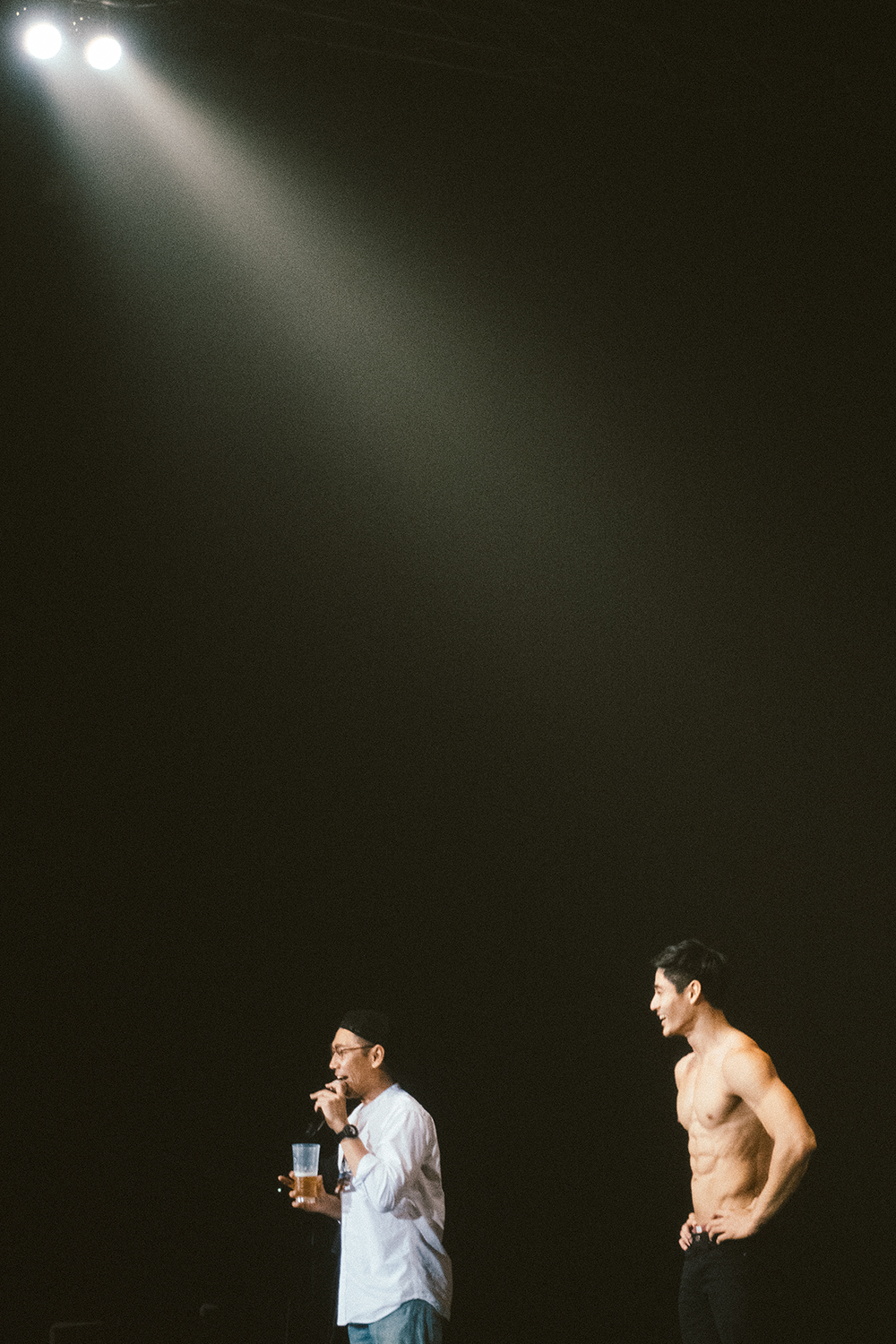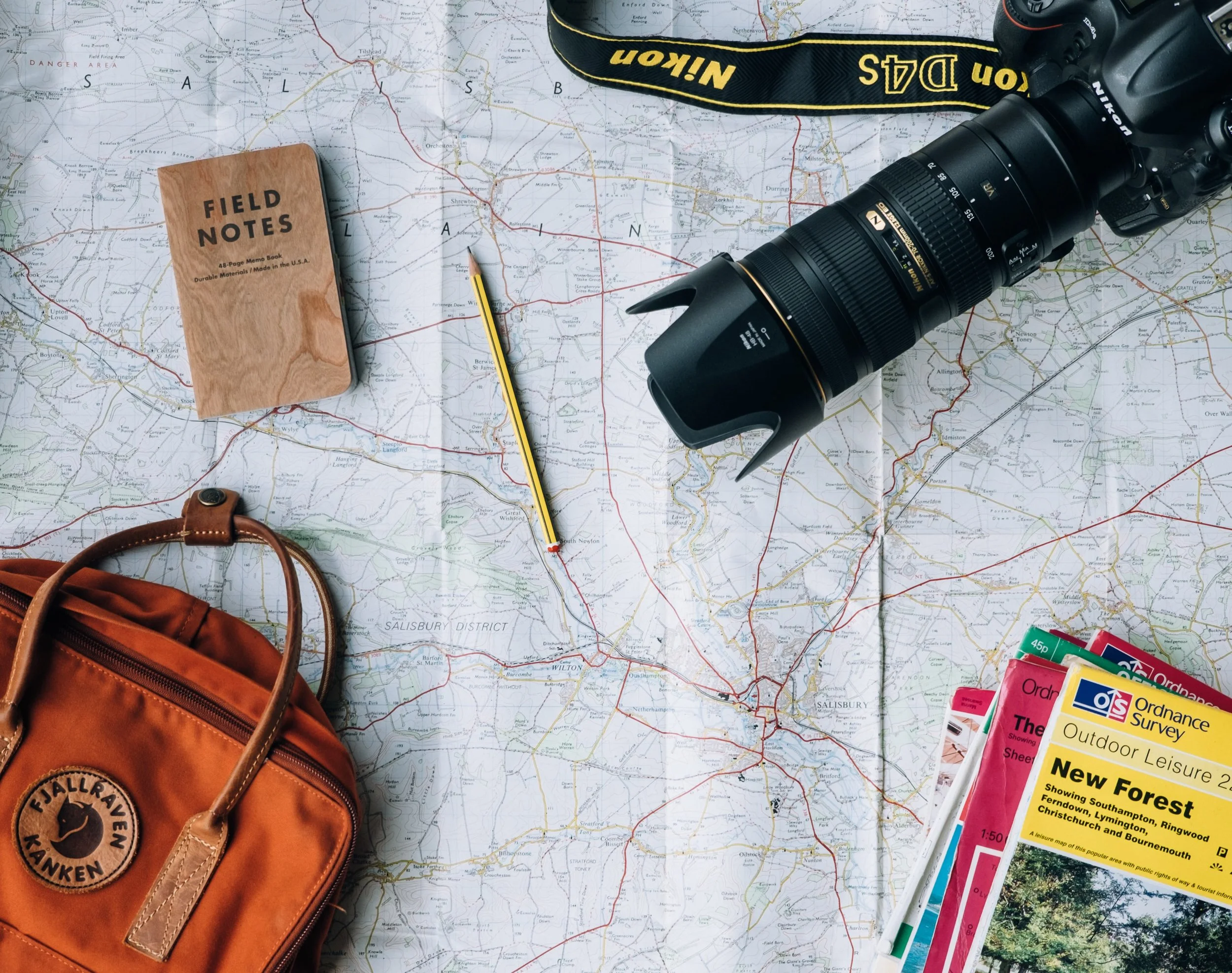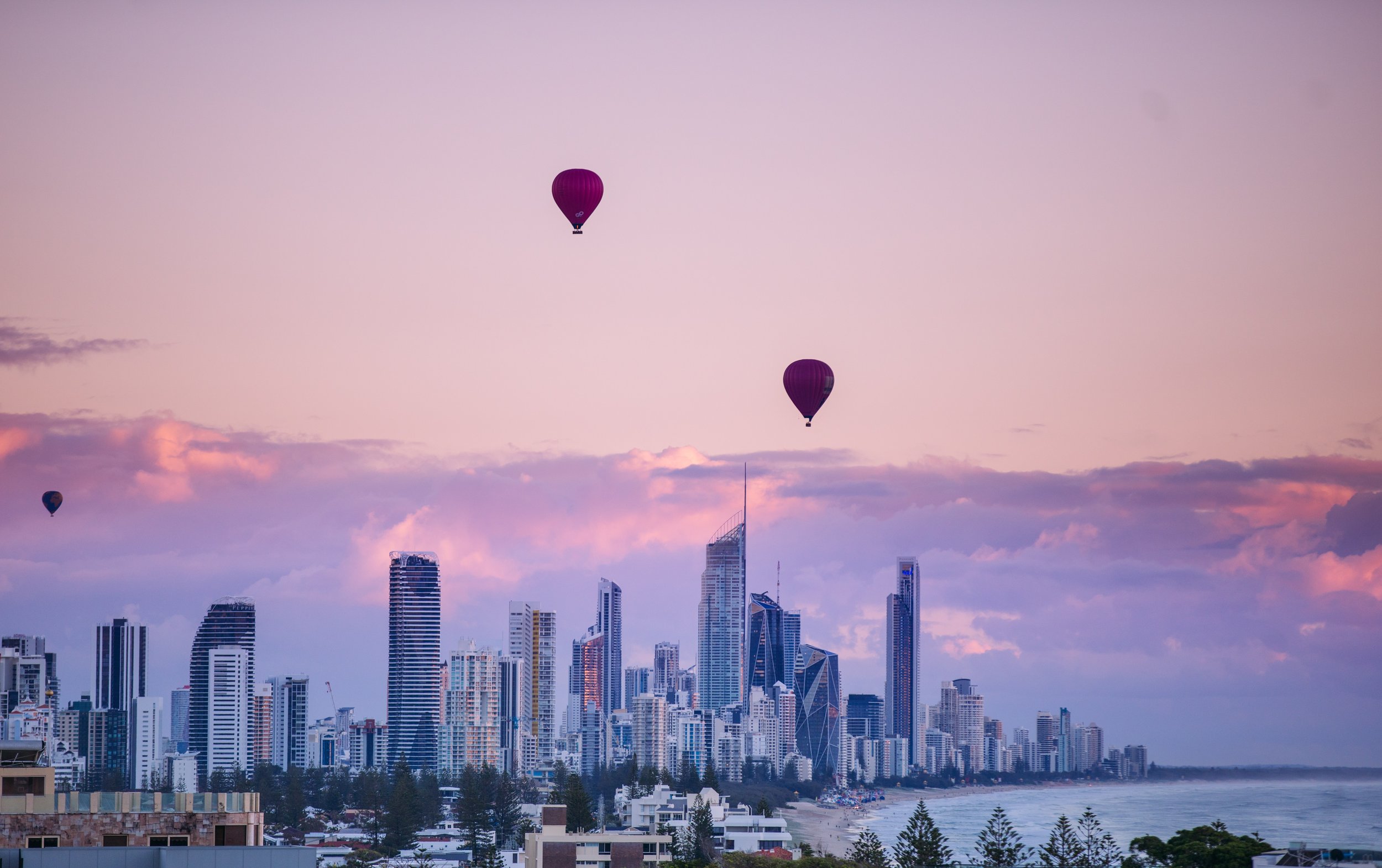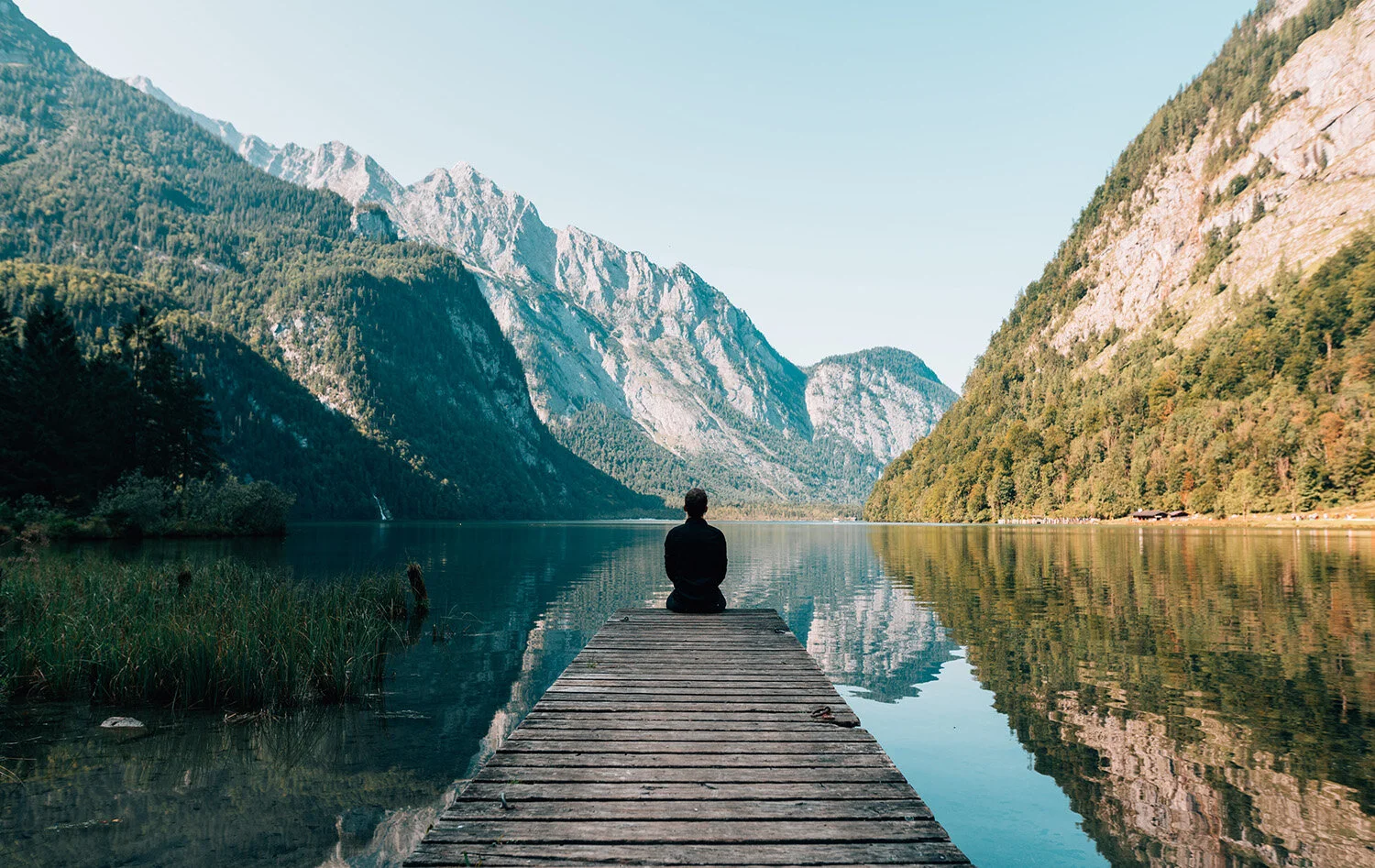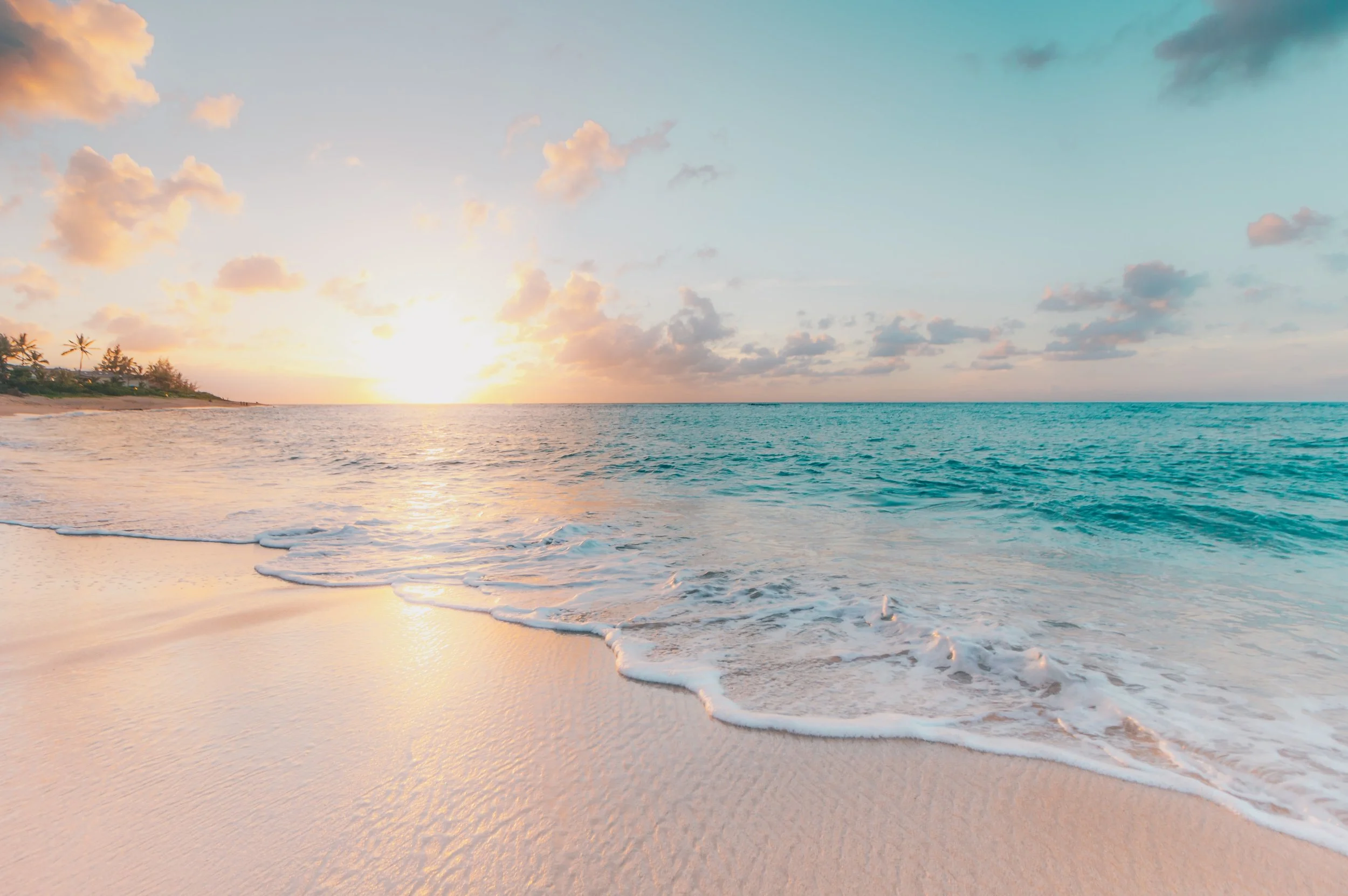Bangkok, February 2017
Traffic. Lots of it! Lights, people, food stalls, markets. Imagine you’re walking down the street and you’re passing vendors with their trolleys cooking deliciously smelling soup and baking a crispy duck, next thing you see is a huge shopping centre.
Louis Vuitton, Chanel, Dolce & Gabana.
You’re taking the metro, getting off in 5 stations, the sun is shining onto the little side streets, the cars are honking and a bunch of power lines bends heavily under its own weight. Sun’s beams reflect from the high glass buildings onto the little shabby streets where the local hairdresser or office supply seller look at you with interest. That’s how it feels to be in Bangkok. And believe us, it feels amazing!
To understand more about what’s hidden beneath Bangkok’s streets and tourist attractions, we reached out to Ark Saroj, one of the founders of a monthly event for ‘the misfits of Bangkok’. We couldn’t wait to dive deeper into understanding popular Thai culture and hear what it’s like to live in this vibrant city. Below you can read what we talked about with Ark (don't miss the video at the end of the article!).
How did you begin Trasher Bangkok?
I started Trasher when I was at uni. In Thailand you can go out in a club when you turn 20, you can drink when you are 18. So when I turned 20 I started to go out, my friends and me found that the music at the time, about 2007/2008, wasn’t the type of the music we liked. We liked pop music. We grew up in the 90s. And they didn’t play any type of that music. It was dominated by hip-hop & beat box.
Where did you grow up?
I grew up in Bangkok. So basically, if you ask me how much of Thai culture I have… I don’t really have any Thai culture, because I grew up in the city, I watched TV and I listened to western pop music. I even went to a Catholic school.
So kids who grew up in Bangkok, they’re kind of different. We were consumed by TV and stuff.
Was Trasher your idea to start?
Me, my friend Jojo and the other two girls, Bell and Newy. Now we’re a company. But back then we just went out and we didn’t like the music they were playing at the time, so we got our own music (…).
We contacted a bar near Khao San road. There used to be this one real cool bar that was open for anyone to throw an event. It was like the size of the café (we are in). Basically we sold tickets, and they got the split from the drink sales. So we threw the first party in 2007 and at the first party 50 people showed up. That’s how it started. Most of them were friends, but you know...
Since then did it just grow bigger and bigger?
It grew bigger after a while but it was stable to the number of about 500 for many years. Then the turning point was when we started doing the videos. Before, we used MySpace, we made flyers, we posted on other people’s page and they reposted it. And then we switched to Facebook and when YouTube came out, we started to do parody videos (…).
So when did you start doing the videos?
That was about 2011/12. It was a big flood in Bangkok at the time, and we all got laid off, no full-time job, Bangkok was kind of shut down, cause all of the suburb areas were flooded.
We live in the city. So in the middle of the city it was quiet, almost like a ghost town (…). I went to a film school at the time, where I met a cinematographer, who I am still working with now. So we started to try out whatever we could with our friends.
Why did you decide to make the videos?
Well, at the time when people made a parody video, they did it very cheaply. You could see that some guys were lip-syncing, making funny things in the background, in their bedroom (…). We went to the film school, and we were like ‘If we’re gonna do it, we’ll do it very nicely. We are going to be a little bit pretentious.’ (…).
My favourite was ‘Call me Maybe’ video and I love how you changed the American reality with the Thai symbols, or the Thai flag, you even had the coconut water that the girl was drinking. How do you choose the songs?
[We’re choosing] a famous song at the time, or a video that is significant at the time. For example [we’ve chosen] the Rihanna one, because the song was famous (…). When that video came out, people were kind of struck by the content of it, it’s very violent, but the whole thing was really beautifully shot (…).
How does the older generation respond to your work? We heard that Thai people are quite reserved in nature. What do they think of Trasher?
I think young kids, they get it, cause they have Internet.
Do you think the older generation even know it exists?
One time we got invited to a TV show. An interview about Trasher and stuff. We went to the studio and an older guy controlling the camera called us like dancers from the audience. As if we were some groupies. They didn’t get it. That’s when we kind of realised, we can not really explain it to them. And when we opened up the company, we had to go to the bank, and in the bank they had boxes for types of businesses…
So what did you tick?
We couldn’t really tick anything. Cause we are not really running a concert, we are not running a proper disco either.
Do you have one space where Trasher always happens? Or is it changing each month?
Usually we are changing all the time. Now we do it at Central World Shopping Mall. They have a concert hall upstairs, because now we have about 3,000 people attending the party, so we need a bigger facility, not many clubs can contain that many people.
What is the vibe like at your parties? Is there a theme each month?
Every party is very similar [but has a different theme each month], they are open-minded, they are very LGBT. They are very pop music and they’re not really too serious. The audience is maybe 40% gay guys, 40% girls and 20% straight guys. So the vibe is really relaxed. Girls can really be themselves, gays can really be themselves, the straight guys are following their girlfriends.
On your website you wrote ‘Trasher is a place for misfits of Bangkok’.
When we are running a club night, the older generation think that we are heavy drinkers, using drugs and stuff, but then, Trasher itself, although the kids drink, they don’t usually do drugs, because they understand the music. So when you understand the music, like when you go to a concert with a band you really like and the music that you really know, you don’t even need to use any drugs - you really enjoy the music itself. And the people around you are the same, who like the same thing as you do. (…) people can enjoy themselves naturally at a Trasher party.
We noticed that in your videos there is always the same person, main character.
Oh, you mean Jenny!
Yes, tell us about Jenny.
Jenny is very interesting. Jenny went to the same school as us. We define her as trans, but she hasn’t got fully operated, and maybe she doesn’t want to be operated. Now she dresses up as a girl. But for the sexuality role that defines trans people at a university in Thailand, this is still not clear, because at the graduation ceremony, the trans people, [who consider themselves to be girls], have to dress up as men. (…) In the video we represent her as a woman. When we represent her as a woman, people don’t feel alienated with her.
You empower her and give her the voice so she can express who she really is.
Yes, and now she is really famous. She has her own show on a Thai TV channel. And people look up to her as a trans girl.
So people accept her, the wider public accepts her. Did she become famous because of the Trasher videos?
She got famous because of the video from Trasher, and then moved on to do her show (‘Toey Tiew Thai’) and become a host. And now everyone in the country knows who she is.
Where do you see the future for Trasher? Is it at the position you thought it would be now? Where do you want it to be in 10 years?
For the event part, we want to throw a concert or a festival. Like a proper concert. We would love to have like a middle range act. People, who are famous, but not too famous, not like an arena, but an intimate concert hall.
What musicians would you invite?
If it was an English band it would be Ed Sheeran, but Ed Sheeran would perform in an arena - we want something smaller and more intimate. Like people who don’t have costume changes, etc. Because the concert in Thailand is either for very famous [people] like Lady GaGa or like Mariah Carey (…). We want someone who people know of, but someone who doesn’t have a big show.
So you want Trasher to grow, but still be quite intimate. Not too big.
And the other part, now Trasher is starting to do a series online. A TV series. So there is a lot coming up. JoJo, who is the DJ, is doing [TV series] called Gay OK Bangkok. He got inspired from that film ‘Looking’ and that film ‘Weekend’. So it’s very slow and [shows] real life middle class gay lifestyle.
It’s very strange because a lot of Thai TV shows doesn’t tell a story of the middle class very well. They either focus on the poor, or the differences of the poor and rich, or on very melodramatic things, like a Spanish soap opera. That’s the commercial thing. So when it comes to the middle class, there is nothing. You know the middle class pays rent, pays electricity. Sometimes we are in debt from credit card because we want some lifestyle. We want to have a coffee, look good. No one tells that story.
Now I really want to go to the Trasher Party!
And then the next night, this happened...
Trasher Bangkok happens usually once a month.
Tickets are 500 Baht (15 USD / 12 GBP).
You can buy them through the link in the event's description.
You can check when is the next event by going to the event page on their Facebook.
To see their video parodies, head to their Youtube.
We were Trasher's guests but as always, all opinions are our own.
